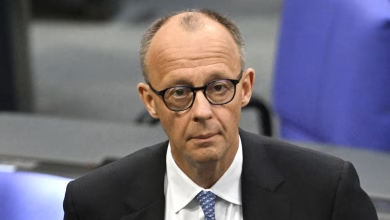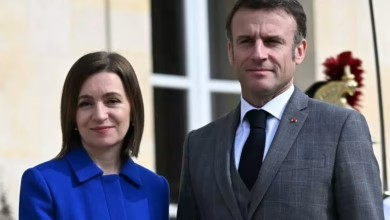EU Foreign Policy Chief Calls for Sanctions Against Certain Israeli Ministers

- Borrell wants Israeli Ministers sanctioned
- Borrell's call for sanctions reflects the growing concerns
- The EU signaled its commitment to hold leaders accountable
The European Union’s foreign policy chief, Josep Borrell, has made a significant move by calling for sanctions against certain Israeli ministers due to their controversial statements regarding Palestinians.
This decision comes after Borrell has previously criticized National Security Minister Itamar Ben-Gvir and Finance Minister Bezalel Smotrich for their inflammatory remarks.
Borrell’s proposal for sanctions is a response to the ministers’ statements, which have been widely condemned as inciting violence and hatred against Palestinians.
The EU foreign policy chief has emphasized the need for the EU to take a strong stance against such rhetoric, which he believes violates international law and undermines efforts towards peace in the region.
However, the proposed sanctions would require unanimous approval from the EU’s 27 member states, a high hurdle that diplomats consider unlikely to be cleared.
This is due to the varying levels of support for Israel among EU member states, with some countries maintaining strong diplomatic ties with Israel.
Despite the challenges, Borrell’s call for sanctions reflects the growing concerns among European officials regarding the Israeli ministers’ controversial statements.
The EU has consistently emphasized the importance of a two-state solution and the need for peaceful coexistence between Israelis and Palestinians.
The development also highlights the EU’s willingness to take a more assertive stance on issues related to the Israeli-Palestinian conflict.
By considering sanctions against individual ministers, the EU is signaling its commitment to holding leaders accountable for their actions and statements.
It remains to be seen whether the EU member states will rally behind Borrell’s proposal, but the move marks a significant shift in the EU’s approach to addressing the inflammatory rhetoric of Israeli ministers.






